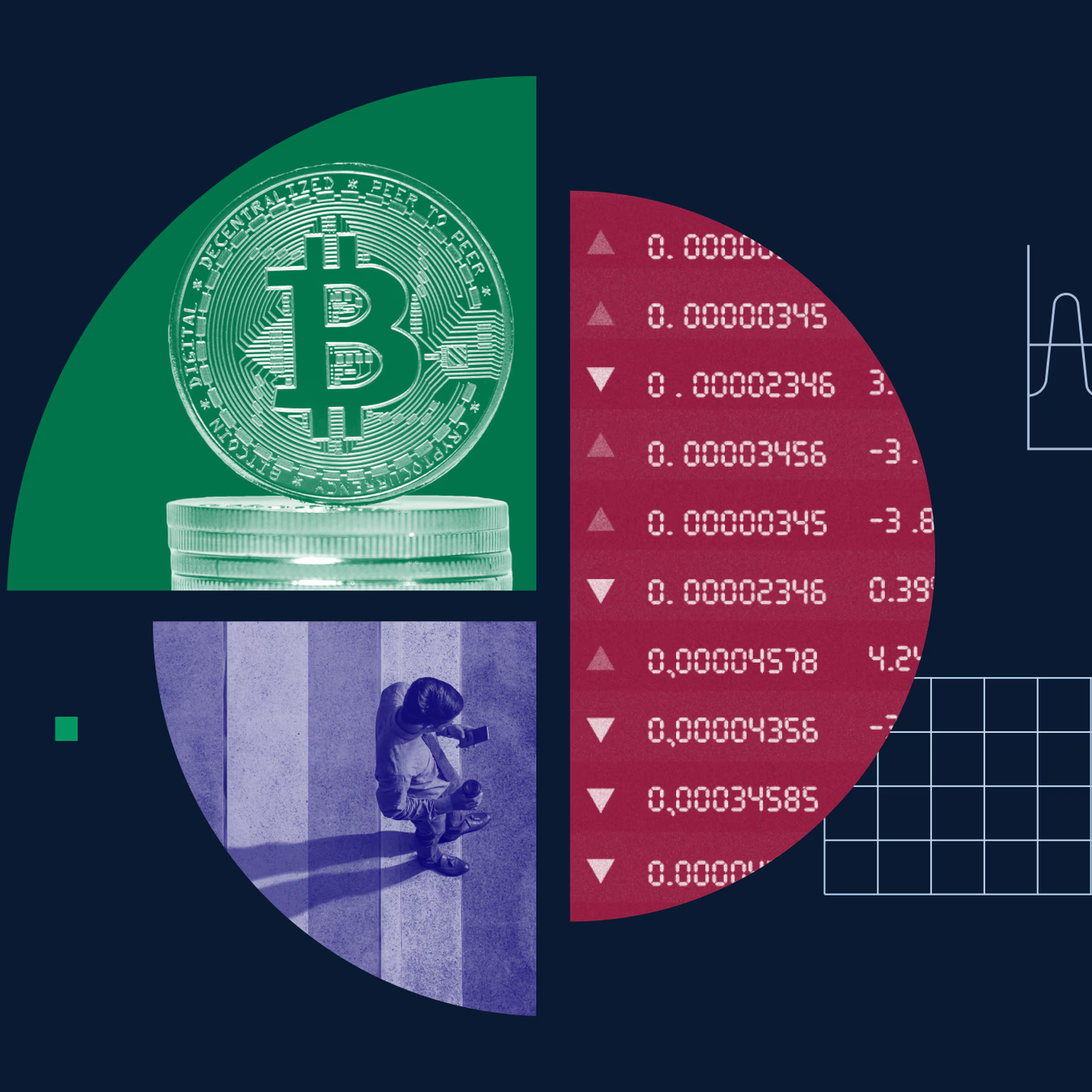Rising Cyber Threats Propel Global Network Security Market to New Heights
According to a recent
report published by Allied Market Research, titled, Network
Security Market by Component, Solution, Service, Deployment,
Organization Size, and Industry Vertical: Global Opportunity Analysis and
Industry Forecast, 2020-2027,” the global network security market size was
valued at $18.48 billion in 2019, and is projected to reach $63.40 billion by
2027, registering a CAGR of 16.7 % from 2020 to 2027.
The
network security market refers to the industry involved in providing solutions,
technologies, and services aimed at safeguarding computer networks from
unauthorized access, cyber threats, and data breaches. This market is
characterized by a range of products and services designed to ensure the
confidentiality, integrity, and availability of information in digital
networks. As businesses and individuals increasingly rely on interconnected
systems and the internet, the demand for robust network security measures has
grown, making this market a crucial component of the broader cybersecurity
landscape.
Key
elements within the network security market include firewalls, antivirus
software, intrusion detection and prevention systems, virtual private networks
(VPNs), and other technologies and practices designed to protect the integrity
and privacy of digital communications and data. The market is dynamic, evolving
in response to emerging cyber threats, technological advancements, and the
changing landscape of digital connectivity.
Rise
in level of cybercrimes, higher economic losses, and increase in data safety
and privacy concerns drive the growth of the global network security market.
However, high setup costs hinder the market growth. On the contrary, increase
cyber-attacks during the Covid-19 pandemic and growth in digitalization trends
across the globe are expected to open lucrative opportunities for the market
players in the future.
In
Asia-Pacific, the financial sector has witnessed a rapid adoption of technology
in user/data interaction and learning types of AI software technologies.
User/data interaction software technologies include natural language
processing, question and answer (Q&A) processing, facial recognition,
natural language generation, video and image analytics, and speech recognition.
In terms of deployment, public cloud model for AI software continues to
accelerate at a CAGR of 40.5%, and is estimated to overtake on-premise
deployments by 2024. However, with such colossal deployment of cloud, risk of
cyber threats also increase, which create a wide scope for network security
systems.
Impact
of Covid-19 on Network Security Market:
•
Due to strict regulations of lockdown, the majority of companies adopted work
from home culture, which has increased the risk of cyber threats and
cybercrime. This increased the demand for network security.
•
During the pandemic, more and more companies have been investing in
cybersecurity and network security to offer remote workforce support.
•
The demand for network security from the healthcare sector increased due to
Covid-19 pandemic as the network traffic from hospitals increased
exponentially.
Digital
technologies have become integral to daily life, encompassing everything from
basic communication on mobile devices to sophisticated software and electronics
utilized in high-security applications. A noteworthy technological advancement,
"Edge computing," is gaining significant traction in commercial
sectors due to its ability to reduce data acquisition latency from servers.
This trend is expected to drive the demand for parallel technologies like
Internet of Things (IoT) and cloud computing. The global edge computing market
is projected to reach USD 16.5 billion by 2022, highlighting the pervasive
influence of digital technologies.
This
increasing reliance on online mobile devices and technology, however, has
amplified the vulnerability to cyber-attacks, necessitating robust network
security measures. The escalating frequency of cyber incidents poses a high
risk to consumer data security, prompting the growth of network security
solutions. Regulatory frameworks such as the General Data Protection Regulation
(GDPR), enforced by the European Union, emphasize principles like fairness,
transparency, lawfulness, and accountability in personal data processing. In
response to such regulations, businesses are compelled to integrate network
security solutions into their infrastructure to ensure compliant and secure
data processing.
The
dominance of the solution segment characterized the global network security
market in 2019, and this trend is expected to persist in the coming years.
Various solution types target different aspects of systems, including network
security, device management, network packet analysis, and embedded security,
fostering a highly lucrative environment for market growth. The surge in
cyber-attacks on enterprises has led to substantial losses, both socially and
economically, further emphasizing the critical importance of effective network
security measures.
By
component, the solution segment dominated the market in 2019, accounting for
more than three-fifths of the global network security market, as network
security solution monitors user activity, creates access limitation, trains and
educates users, provides detailed information of log activities, creates plans
for data breach response, compliance management, data encryption, and web
application management. However, the service segment is estimated to register
the highest CAGR of 17.4% from 2020 to 2027. This is owing to rise in need for
security in any network as network security issues grow.
By
solution type, the unified threat management segment is projected to portray
the highest CAGR of 24.3% during the forecast period, due to surge in the
importance of cybersecurity and the increase in cyber-attacks. However, the
firewall segment held the lion's share in 2019, contributing to around
one-fourth of the global network security market, owing to emergence of
cloud-based technology.
By
region, the market across North America held the largest share in 2019,
accounted for nearly two-fifths of the market, due to increase in the number of
cyberattacks in the U.S. and rapid increase in number of connected devices in
the region. However, the global network security market across Asia-Pacific is
projected to register the highest CAGR of 18.3% during the forecast period,
owing to rise in the number of cyber-attacks.
































Leave A Comment